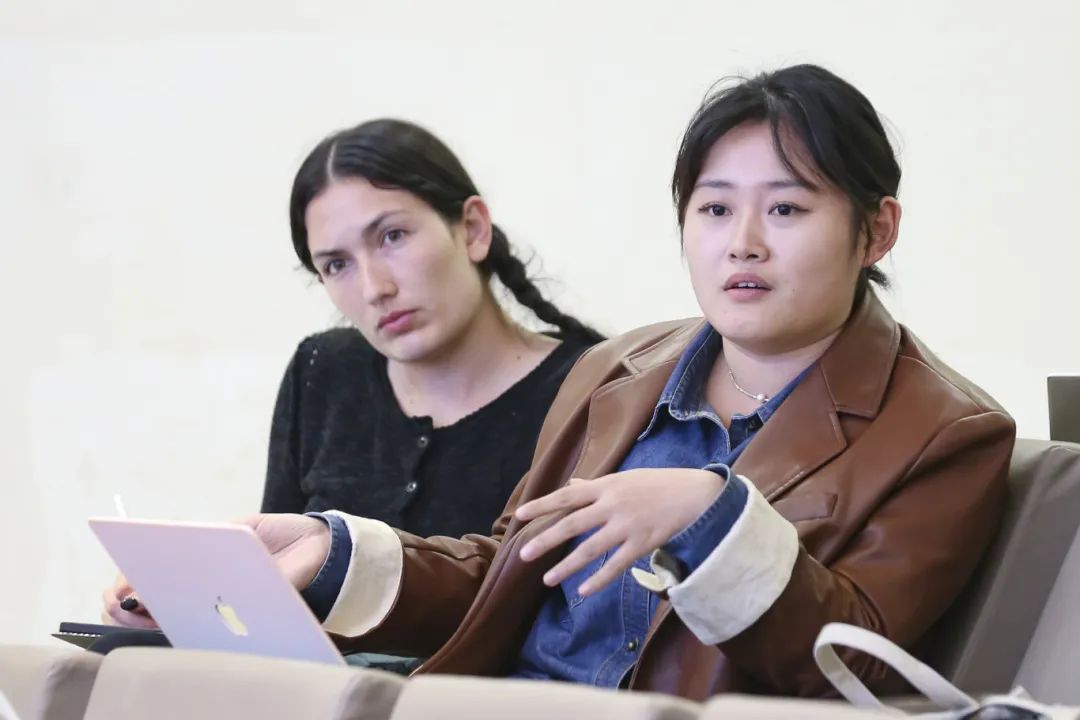On October 16, Prof. Zhang Ying, Associate Dean of PKU Guanghua School of Management and Director of the Management Case Research Center of Peking University, delivered a lecture titled “Understanding China’s Business Environment: Technology, Society and Beyond.” This was the second lecture in the China Studies Lecture Series for the 2024–2025 academic year, hosted by Fan Shiming, Associate Dean of Yenching Academy.
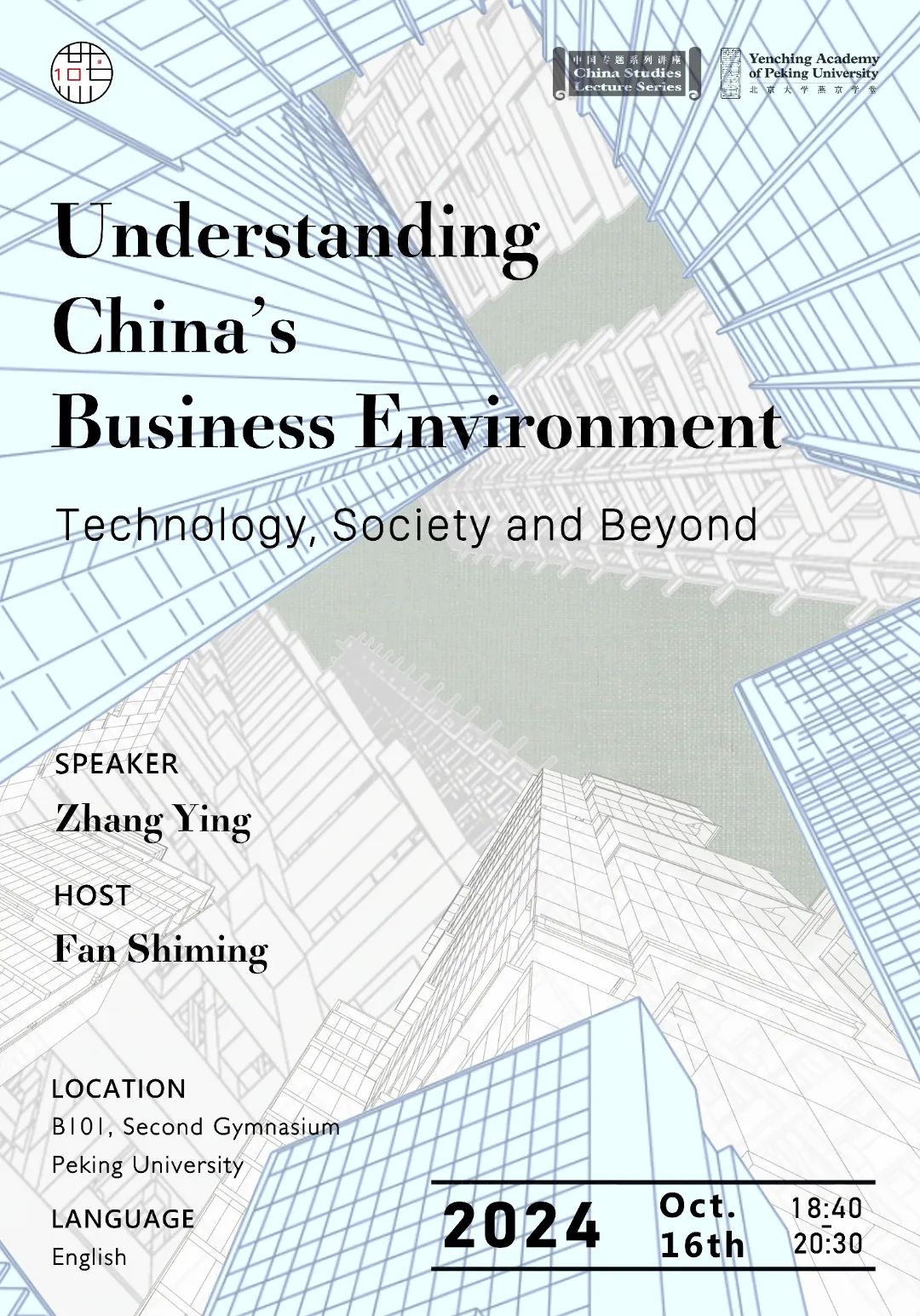
Interview Notes
Before the lecture, Prof. Zhang Ying participated in an interview, sharing key insights into the strengths and challenges faced by Chinese enterprises in fostering innovation. He emphasized the importance of innovation as a cornerstone of business success, highlighting how Chinese companies leverage the country’s massive domestic market—the largest single market in the world—for iterative innovation and groundbreaking developments. Prof. Zhang noted that China’s industries began at the lower end of the global value chain. As a result, Chinese enterprises must overcome path dependence and habitual competition patterns—shifting from competing on price and sales volume to focusing on higher-level innovation and sustainable growth.
On the topic of artificial intelligence (AI), Prof. Zhang discussed its impact on employment and the economy. He explained that most AI-related discussions revolve around large models, a type of general-purpose technology capable of significantly enhancing productivity and efficiency. Workers must quickly adapt to these changes in the short term. In the long run, however, AI will substantially increase societal productivity, create new tasks requiring new skills, and help society find a new balance.
Prof. Zhang also addressed the importance of intercultural studies. He noted that while people tend to be self-consistent in their views, growing up means developing stronger cognitive abilities and gaining new knowledge to broaden one’s worldview. He warned against a premature, closed worldview, as it can mislead people into seeing issues from a single perspective. Intercultural studies, he said, provide access to multiple perspectives, pushing the boundaries of understanding and fostering personal growth.
Review of the Lecture
In his lecture, Prof. Zhang Ying emphasized that China must be understood on multiple levels and through diverse perspectives. He argued that science and technology, as major drivers of societal development, should be examined not only for their immediate impacts but also for their long-term effects. Furthermore, understanding China requires recognizing the unique social context, including the cultural psyche of its people and the government’s critical role in economic and social development.
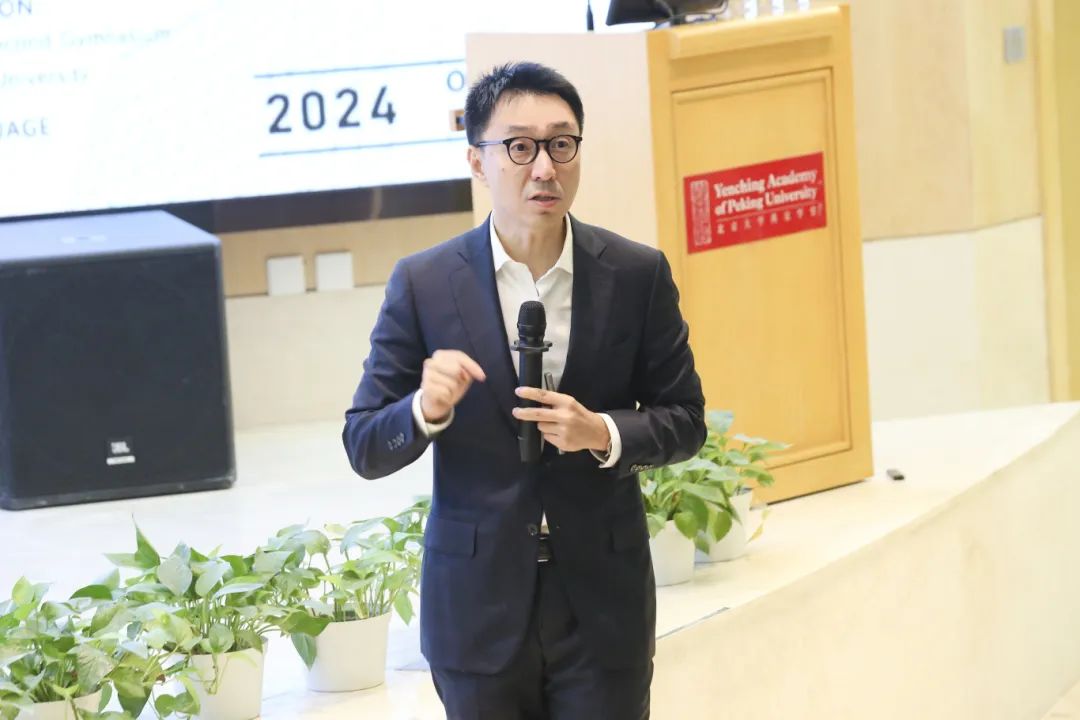
Prof. Zhang illustrated the regional development imbalances in China through an analysis of provincial GDPs, noting that the high per capita GDPs of cities like Beijing and Shanghai do not represent the entire economic landscape. He encouraged scholars to visit regions beyond Beijing to observe the broader development landscape and better understand related policies.

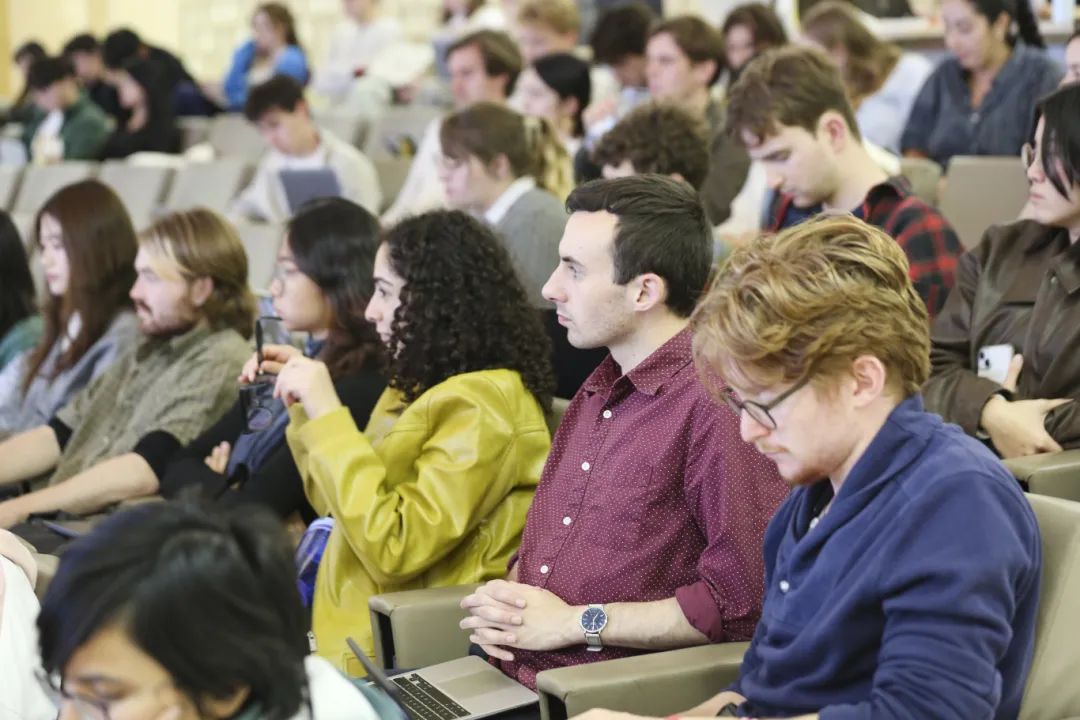
Addressing the concept of economic "size," he emphasized its importance as a defining feature of any market and stressed that understanding the sheer scale of China’s economy is key to comprehending its business environment. With the middle-income group continuing to grow, China boasts the world’s largest e-commerce market, accommodating more than one billion omnichannel shoppers.
A vast manufacturing sector underpins China’s booming e-commerce industry. Its well-developed infrastructure, characterized by widespread mobile phone usage, efficient online payment systems, and fast, low-cost delivery networks, has created a strong foundation for growth. Additionally, the relatively underdeveloped traditional retail system in China enabled e-commerce to emerge and expand without significant competition from established models. Moreover, the direct connection between consumers and manufacturers within the e-commerce ecosystem provides a significant advantage over traditional retail frameworks, enhancing efficiency and fostering competitiveness.
Behind China’s booming e-commerce industry is a vast manufacturing sector. Prof. Zhang emphasized that China’s approach to digitalization prioritizes manufacturing development, setting it apart from other regions.
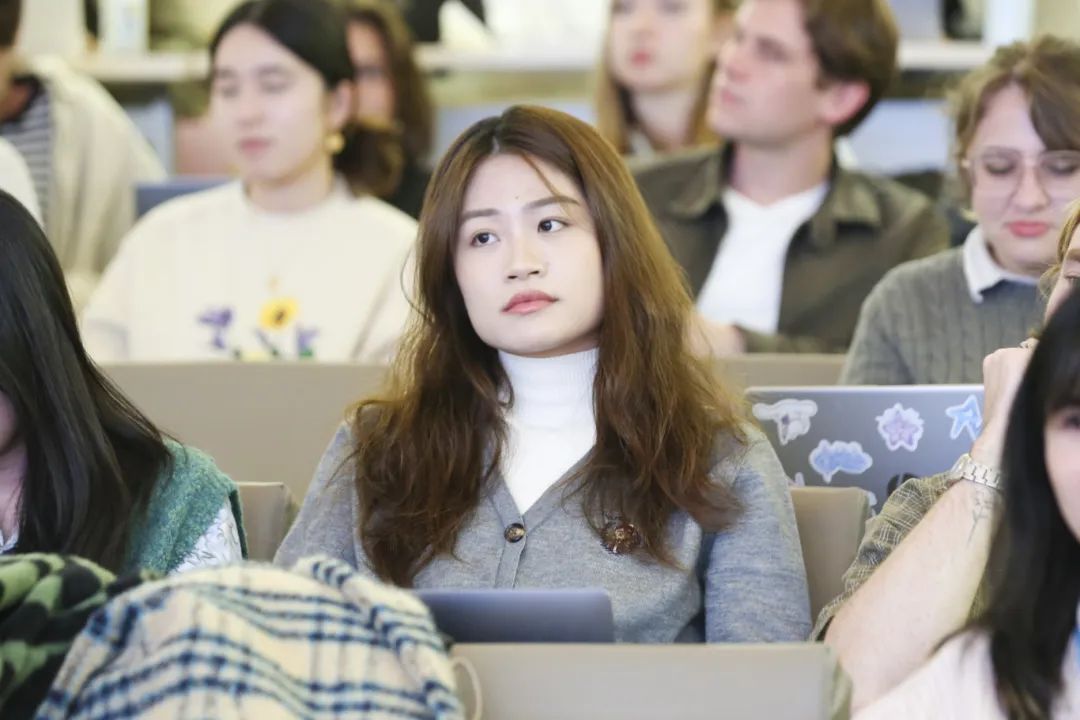
Prof. Zhang also discussed the government-market relationship in China, highlighting the bidirectional influence between the two. Policymakers must consider market realities when crafting policies, while markets benefit from guidance, regulation, and support from the government.
Prof. Zhang cited China’s success in the new-energy vehicle (NEV) industry as a prime example of government-guided industrial progress, highlighting how decades of development in the traditional automobile sector laid the groundwork for this achievement. Faced with market challenges, Chinese automobile manufacturers turned to NEVs, driven by supportive government policies that provided coordination and direction. Prof. Zhang noted that such success may not be easily replicated in other countries due to the uniqueness of China’s development trajectory.
He also discussed advancements in mobile communication technology, emphasizing the government’s proactive role in promoting the development and widespread adoption of these technologies, which have established a strong foundation for the digital economy. Additionally, Prof. Zhang highlighted China’s significant investment in high-speed rail, which has made the country a global leader in this area. The extensive rail network not only enhances passenger and logistics services but also contributes to long-term economic and social benefits.
Concluding, Prof. Zhang explained that China’s development approach effectively balances long-term benefits with short-term returns, ensuring stable growth and sustainable progress.

During the Q&A session, Prof. Zhang addressed several key topics, starting with sector-specific policies and strategies. He elaborated on how China’s Five-Year Plans effectively balance short-term objectives with long-term goals, ensuring both sustainable growth and continued social progress. The discussion then shifted to real estate development, where Prof. Zhang explained how local governments often rely on selling land-use rights to real estate developers to stimulate economic growth. However, he noted that this approach becomes problematic in a cooling real estate market, potentially hindering industrial transformation. Finally, Prof. Zhang emphasized the importance of transitioning away from outdated economic models and identifying new opportunities for development in the context of the current economic landscape.
This lecture provided a comprehensive overview of China’s business environment, touching on a wide range of topics, including regional development disparities, the rise of e-commerce, the digitalization of manufacturing, demographic changes, and the dynamic relationship between policies and the market. Prof. Zhang offered invaluable insights into China’s challenges, opportunities, and unique development trajectory, giving students a nuanced understanding of a nation in transition.
